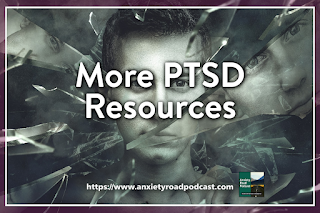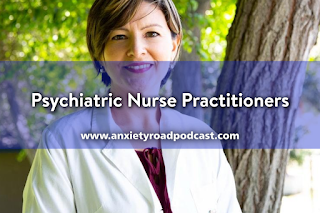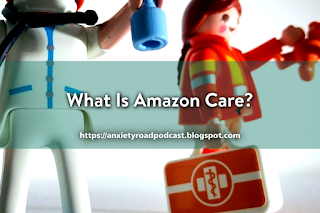Yeah, it is a real thing and we are existing in it. From the looks of things most of us are struggling and that is never a good thing. An infodemic is a smash up between too much information and a pandemic.
I didn't invent this term. Goes back to 2001-2003ish.
If you need support contact the National Suicide Prevention Lifeline at 988 or 1-800-273-8255, the Trevor Project at 1-866-488-7386 or text “START” to 741-741.
APNews.com, this is a non-profit news organization. It reports the news but does not interpret the story. They don't make the news palatable. They tell you what the news story is and the known facts at the time. AP Fact Check, looks at stories that might be questionable true or false.
There is a pandemic of bad, worse and toxic levels of disinformation. People are getting sick or at risk of ingesting poor quality information sources.
I'm not being hyperbolic here. I stopped monitoring local and national news. All of it and cut back on social media too. And I actually turn off my phone at night.
In my limited defense, I did not want constant notifications of dubious statements and horrifying facts. I've mention this in the podcast. It is ok to take a break from the firehouse of news.
But there is a cost. One morning, I woke up, turned on the phone and found out about not one but two wildfires.
We need safe and viable ways to monitor the news without crushing our spirts to dust. I have an idea or two. This are just my ideas. We can build something better than what we have.
Doomscrolling will not get us there.
If you need support contact the National Suicide Prevention Lifeline at 988 or 1-800-273-8255, the Trevor Project at 1-866-488-7386 or text “START” to 741-741.
Resources Mentioned:
I strongly recommend a safe browser to visit websites. I'm thinking stuff like Duck Duck Go, Vivaldi or using an app that blocks tracking cookies.
Possibly set up a limited use account for your on-line and researching needs.
APNews.com, this is a non-profit news organization. It reports the news but does not interpret the story. They don't make the news palatable. They tell you what the news story is and the known facts at the time. AP Fact Check, looks at stories that might be questionable true or false.
Reuters News is a business to business commercial news company. Similar philosophy to the AP, gives the story but generally does not embellish. Reuters news also has a fact check page to evaluate social media and visual images to provide verification on who created it and is it the truth.
Links to other sites are provided for information purposes only and do not constitute endorsements.
Always seek the advice of a qualified health provider with questions you may have regarding a medical or mental health disorder.
This blog and podcast is intended for informational and educational purposes only. Nothing in this program is intended to be a substitute for professional psychological, psychiatric or medical advice, diagnosis, or treatment.
FactCheck.org is a project of The Annenberg Public Policy Center. Also includes SciCheck for science claims.
The Poyter Institute has Politifact which has fact checking in English and Spanish.
Disclaimer:
Links to other sites are provided for information purposes only and do not constitute endorsements.
Always seek the advice of a qualified health provider with questions you may have regarding a medical or mental health disorder.
This blog and podcast is intended for informational and educational purposes only. Nothing in this program is intended to be a substitute for professional psychological, psychiatric or medical advice, diagnosis, or treatment.
























